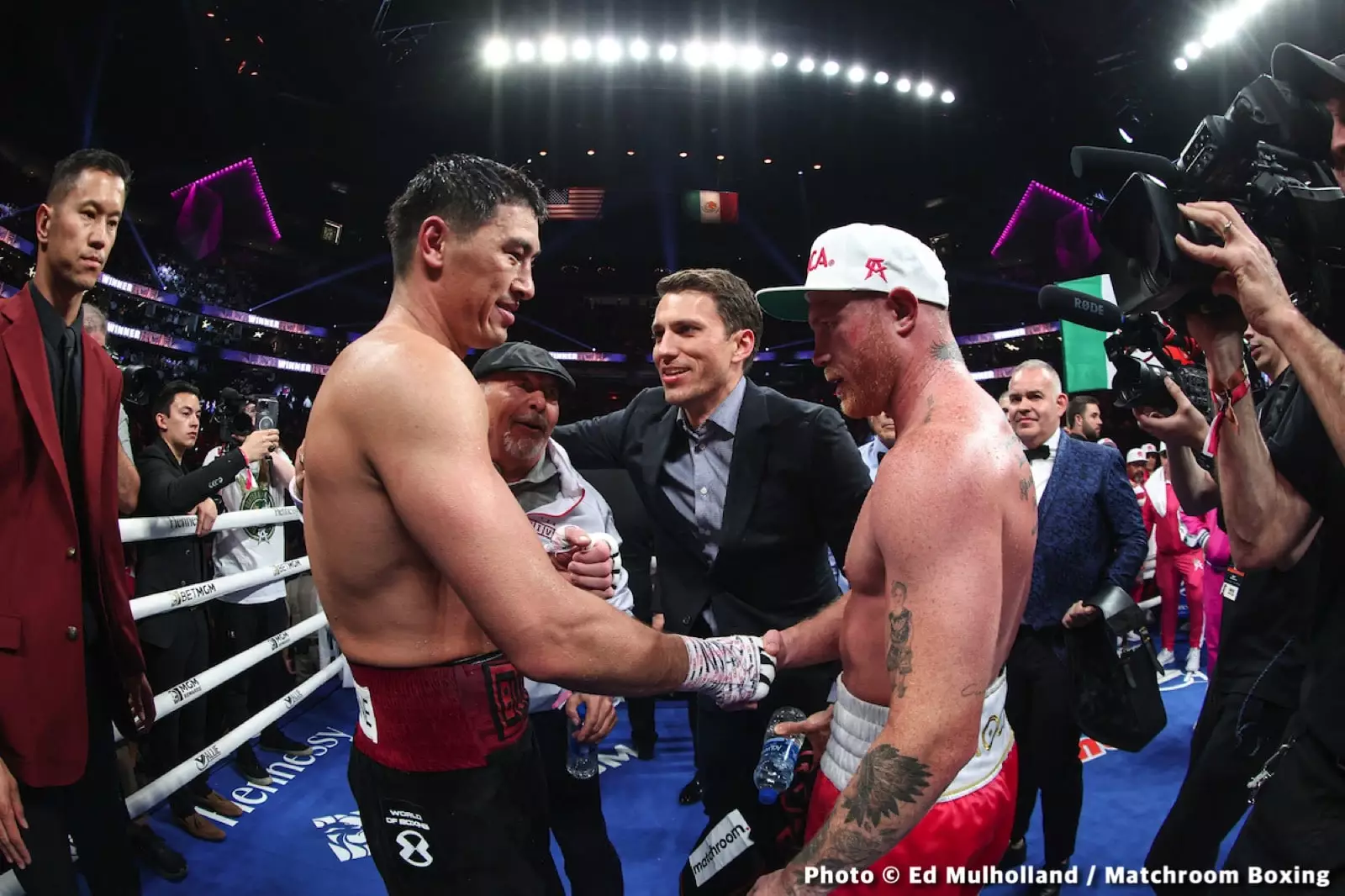Canelo Álvarez, one of boxing’s most titanic figures, has hinted at an eagerness for vengeance in his career’s narrative. Following his unanimous decision loss to Dmitry Bivol, Canelo has publicly expressed a desire for a rematch, framing it not just as an opportunity for individual triumph but as a pivotal moment for his legacy. The dimensions of the 175-pound light heavyweight division have never appeared so compelling, with a singular rematch with Bivol being Canelo’s focus. He remains adamant that his previous performance did not reflect his true potential, claiming he fought at merely “50 percent” due to a left-hand injury that not only reduced his strength but limited his training capabilities.
The Weight of Injuries
Canelo’s assertions about being physically compromised during their last bout raise interesting questions about the psychological and physiological aspects of training and performance in professional boxing. To admit to fighting in such a limited capacity, while under the intense scrutiny of the boxing world, takes an extraordinary level of vulnerability. Fans and analysts alike are left to ponder what a fully conditioned Canelo would represent in the ring against Bivol, a fighter who displayed remarkable skill and composure during their first encounter. Moreover, Canelo’s choice to go through with the fight, despite his injury, speaks volumes about his character and determination but also introduces a narrative of risk that could have ended in greater repercussions.
The Impending Rematch
What makes the prospective rematch even more tantalizing is the evolving landscape of both fighters and their respective careers. Canelo has a scheduled fight against William Scull, which adds another layer of complexity. A solid performance there could provide momentum heading into a rematch with Bivol. Meanwhile, Bivol is fighting Artur Beterbiev—a clash that carries its own risks and ramifications. This potential juggling act between fights could influence their readiness and composure if they meet again. Can Bivol withstand an arduous trilogy bout, and what kind of toll could it extract on his performance when he faces Canelo again?
A Shift in the Boxing Narrative
Canelo’s focus on Bivol projects an overarching theme in modern boxing: the need for redemption. Fans are drawn to the story of a champion seeking to right his wrongs. The boxing community has often been about narratives of grit and resilience, but Canelo’s case is particularly poignant. The rising tide of expectations means that each fight carries more weight than just a title—it’s about a storied legacy, personal redemption, and reclaiming the narrative that defines greatness in boxing.
As discussions about future face-offs swirl, it is clear that Canelo is directing his energy towards just one opponent. The prospect of him not entertaining fights with other significant challengers, such as David Benavidez, underscores his focus and determination. This can be interpreted as a sign of maturity in the ring; rather than playing into distractions, Canelo seems intent on solidifying his name with another high-stakes bout against the man who previously bested him.
In this high-octane sport where legacies are made and marred in the blink of an eye, Canelo Álvarez’s journey toward a rematch with Dmitry Bivol becomes not just a fight for a title but for a redemption that could redefine his legacy.

